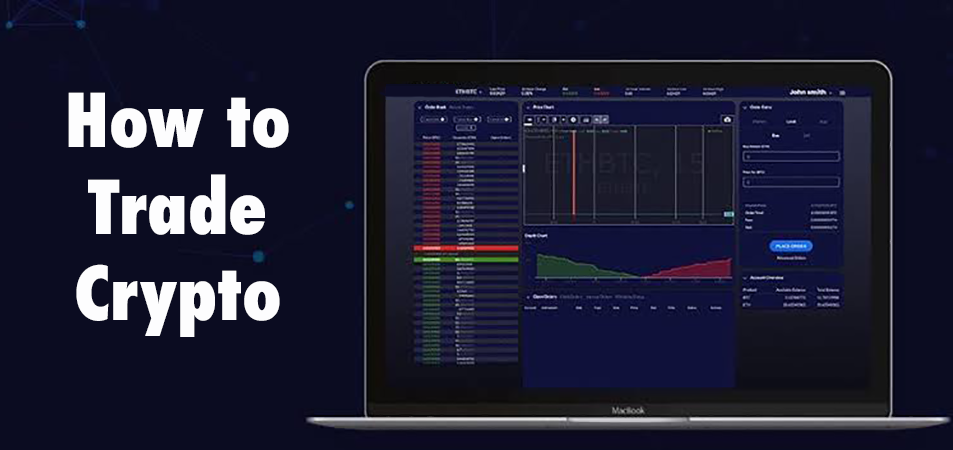Cryptocurrency trading is the act of speculating on cryptocurrency price movements via a CFD trading account, or buying and offering the underlying coins via an exchange. CFDs trading are derivatives, which allow you to hypothesize on cryptocurrency rate motions without taking ownership of the underlying coins. You can go long (' purchase') if you think a cryptocurrency will increase in worth, or short (' offer') if you think it will fall.
Your earnings or loss are still computed according to the full size of your position, so take advantage of will magnify both revenues and losses. When you purchase cryptocurrencies via an exchange, you buy the coins themselves. You'll need to develop an exchange account, put up the amount of the possession to open a position, and keep the cryptocurrency tokens in your own wallet up until you're ready to sell.
Many exchanges also have limitations on just how much you can transfer, while accounts can be very expensive to maintain. Cryptocurrency markets are decentralised, which suggests they are not issued or backed by a main authority such as a federal government. Instead, they encounter a network of computers. angeloxezd156.almoheet-travel.com/how-to-trade-cryptocurrency-crypto-trading-examples-ig However, cryptocurrencies can be bought and offered by means of exchanges and saved in 'wallets'.
 How to Trade Cryptocurrency! - YouTubeyoutube.com
How to Trade Cryptocurrency! - YouTubeyoutube.com
When a user desires to send out cryptocurrency units to another user, they send it to that user's digital wallet. The deal isn't considered last until it has been verified and added to the blockchain through a process called mining. This is likewise how new cryptocurrency tokens are typically produced. A blockchain is a shared digital register of recorded data.
To choose the finest exchange for your needs, it is essential to fully understand the kinds of exchanges. The first and most typical kind of exchange is the centralized exchange. Popular exchanges that fall into this classification are Coinbase, Binance, Kraken, and Gemini. These exchanges are private companies that offer platforms to trade cryptocurrency.
The exchanges noted above all have active trading, high volumes, and liquidity. That said, centralized exchanges are not in line with the approach of Bitcoin. They run on their own personal servers which develops a vector of attack. If the servers of the business were to be compromised, the entire system might be closed down for some time.
The larger, more popular central exchanges are by far the most convenient on-ramp for new users and they even offer some level of insurance should their systems fail. While this is true, when cryptocurrency is acquired on these exchanges it is stored within their custodial wallets and not in your own wallet that you own the secrets to.
Should your computer and your Coinbase account, for instance, end up being jeopardized, your funds would be lost and you would not likely have the capability to claim insurance. This is why it is necessary to withdraw any large sums and practice safe storage. Decentralized exchanges work in the exact same way that Bitcoin does.
Instead, consider it as a server, except that each computer system within the server is expanded throughout the world and each computer that comprises one part of that server is controlled by a person. If among these computers shuts off, it has no effect on the network as an entire due to the fact that there are lots of other computer systems that will continue running the network.